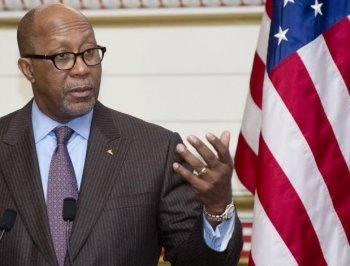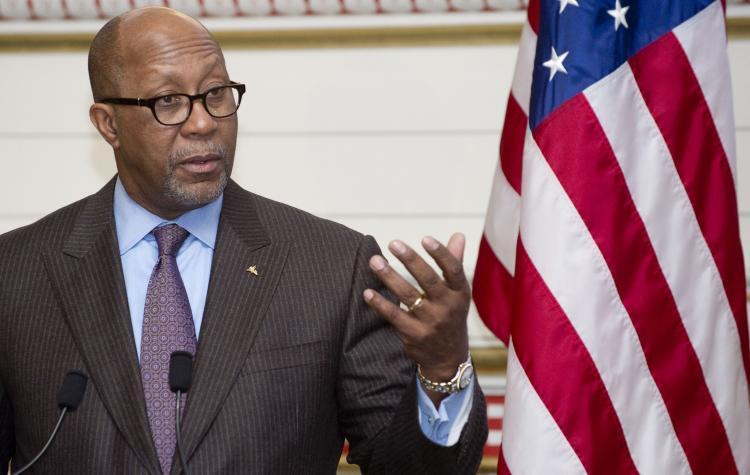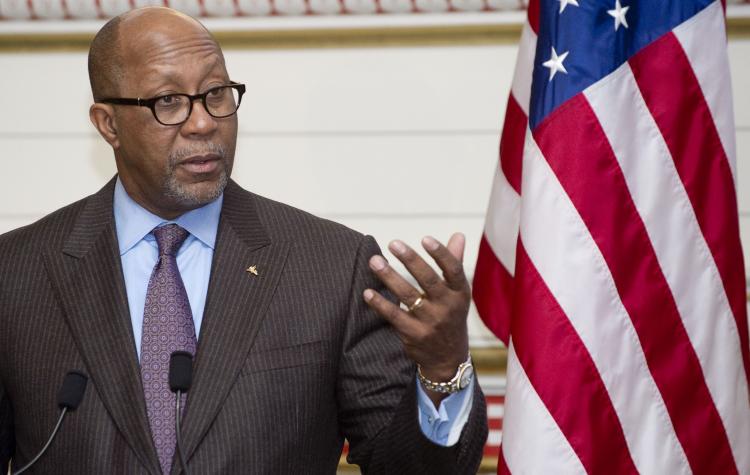As a result of a U.S. legal challenge, the London Court of International Arbitration has ruled that both Quebec and Ontario have breached the terms of the 2006 Softwood Lumber Agreement (SLA) and Canada will have to pay US$59.4 million if the dispute is not resolved.
If Canada does not take steps to fix the problem within 30 days, the tribunal ruled it will have to impose charges on softwood exports from Quebec and Ontario.
International Trade Minister Peter Van Loan has issued a statement saying the government is closely reviewing the tribunal’s decision and its impact on the Canadian lumber industry.
“I note that the tribunal rejected 97 percent of the United States’ $1.86 billion claim as having no basis,” he said.
U.S. Trade Representative Ron Kirk said in a statement that Canada has been selling lumber for prices below those outlined in the timber pricing system grandfathered under the SLA, in breach of the 2006 agreement.
Tribunal Backs US in Softwood Lumber Dispute
The Canada-U.S. softwood lumber dispute has flared up again with a Jan. 21 arbitration decision favouring U.S. allegations.

U.S. Trade Representative Ambassador Ron Kirk speaks during a panel discussion in Washington, D.C., on Jan. 13. The U.S. says Canada has been selling lumber for prices below those outlined in the timber pricing system grandfathered under the Softwood Lumb Saul Loeb/AFP/Getty Images
|Updated:
The Canada-U.S. softwood lumber dispute has flared up again with a Jan. 21 arbitration decision favouring U.S. allegations that Canada has engaged in unfair lumber pricing.

